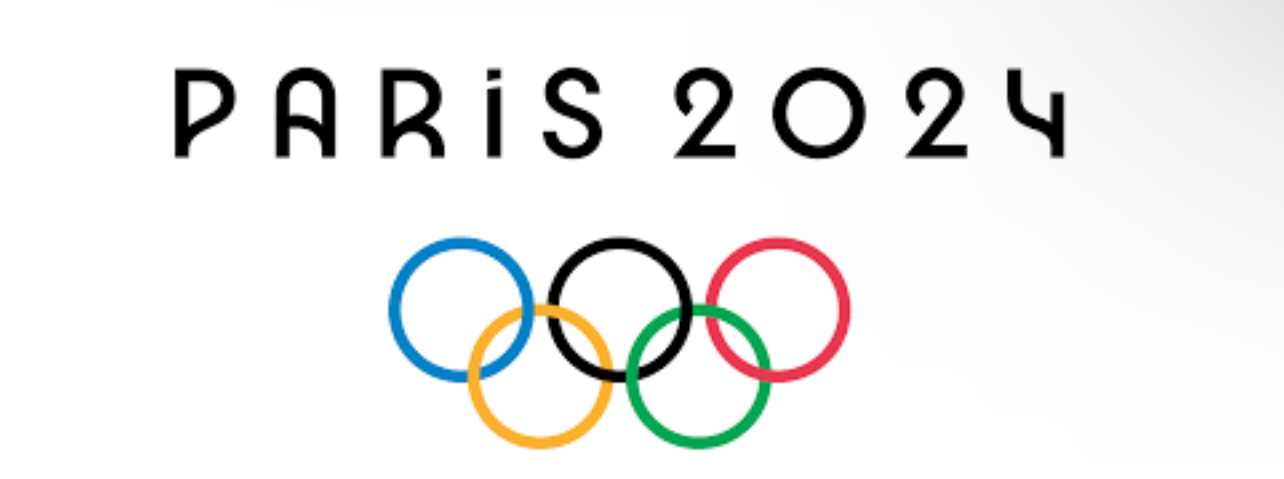The Weekly Reflektion 14/2024
Athletes at the highest-level search for perfection in their training and preparation for major events. Many will have a focus on the 2024 Olympics in Paris and perhaps one opportunity to achieve the highest accolade, an Olympic Gold Medal. Whether their efforts are ‘good enough’ will only be revealed when they cross the finishing line. Some of the athletes will be realistic in their ambitions since they will recognize that they are not among the best and a medal, and in particular a gold medal is beyond their reach. Participation for them may be good enough. Irrespective of their ambitions, when the Paris 2024 Olympics are over, they will know the result and the answer to the question of ‘good enough’.

How do you know whether your measures to prevent a Major Accident are good enough?
Our Reflektion in week 35/2019 asked the question whether good anough, is good enough. We followed up with a reflection over whether this was semantics or whether a deeper question needed to be considered.
Every day most companies cross the finishing line in the Major Accident race with a victory. Another day without a Major Accident and another indication that the systems in place to prevent a Major Accident are working. Every day there is feedback to the management that things are OK, and they can choose to conclude that further intervention is unnecessary. Since there is effectively no competion then everyone that gets through the race withour a Major Accident is a winner. The only losers are the ones that just happened to have a Major Accident on that particular day.
Occidental crossed the finishing line with Piper Alpha on 5thJuly 1988 and on all of the previous days before the tragedy on the 6th July when 167 people lost their lives. London Underground crossed the finishing line with the Kings Cross underground station on 17th November 1987 just before the fire that killed 31 people on 18th November 1987. NASA crossed the finishing line with the space shuttle on 24 launches before Challenger was destroyed a few minutes after take off on 28thJanuary 1986, killing 7 people. For all the Major Accidents that we have used in our Reflektions since October 2017 there was a day before, sometimes, days, months and years before, when a Major Accident did not happen. Then something changed, the failure of the permit system to identify a PSV out of service, a match carelessly tossed from a passenger, an ambient temperature lower than expected, enough to start the chain of events that led to tragedy. Enough to reveal that the systems in place were not as robust as we believed them to be, perhaps because we wanted to believe that these systems were ‘good enough’.
The top class athelete does not get feedback every day that the systems he/she is using to train and prepare for the Olympics are good enough. They do however have a time and place where all will be revealed and they will know. The only certainity we have in Major Accident prevention is when a Major Accident occurs that demonstrates that our systems were not good enough. Until that day comes, or until the operation is finally over, we won’t know. Andrew Hopkins talks about ‘chronic unease’. Andy Grove talks about success breeding complacency and complacency breeding failure. Brandon Sanderson encourages us to remain vigilant, ‘Its when everything is calm that you need to be most alert’. With regard to Major Accidents, we can never assume that todays success will be repeated tomorrow.
